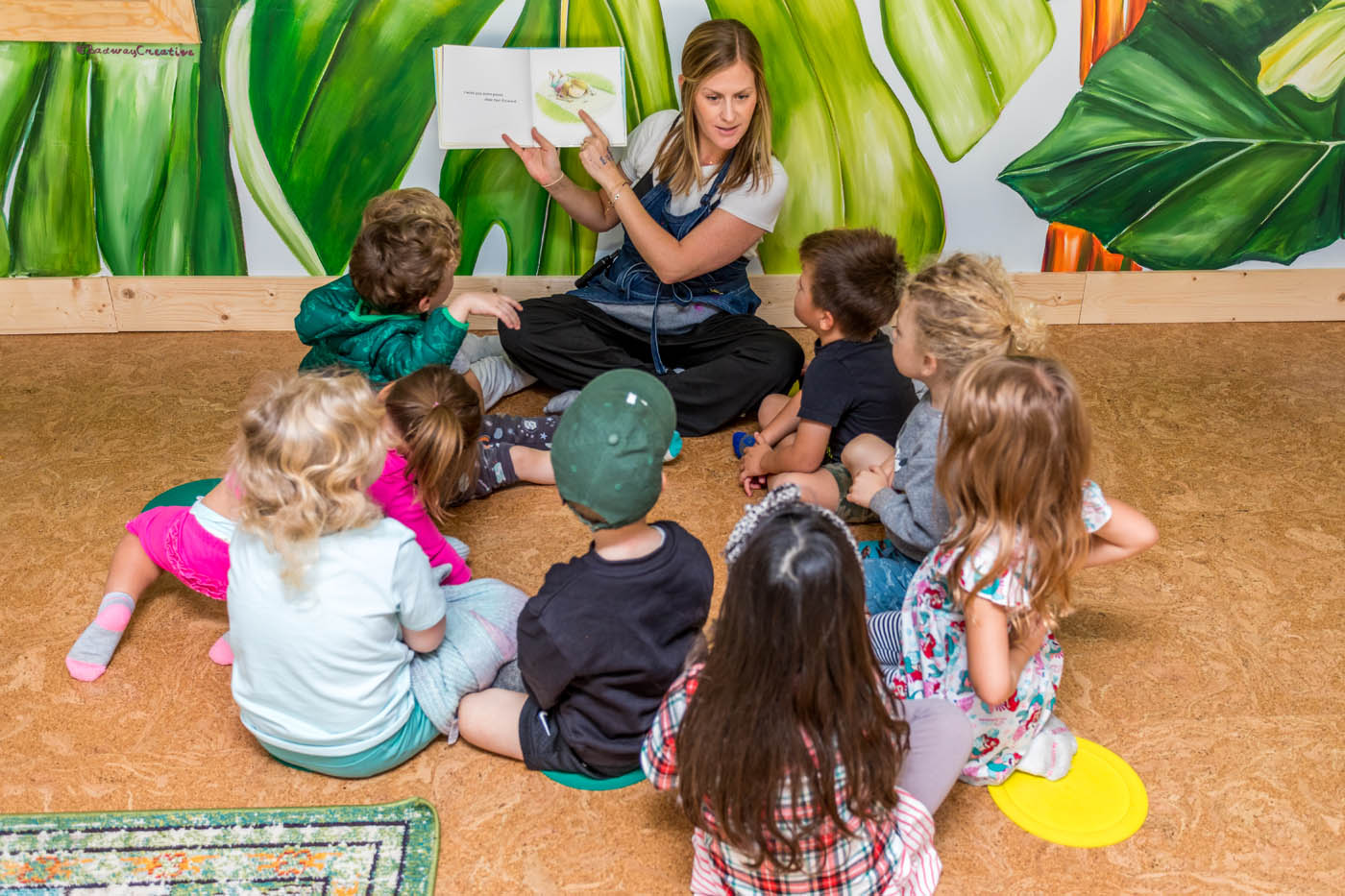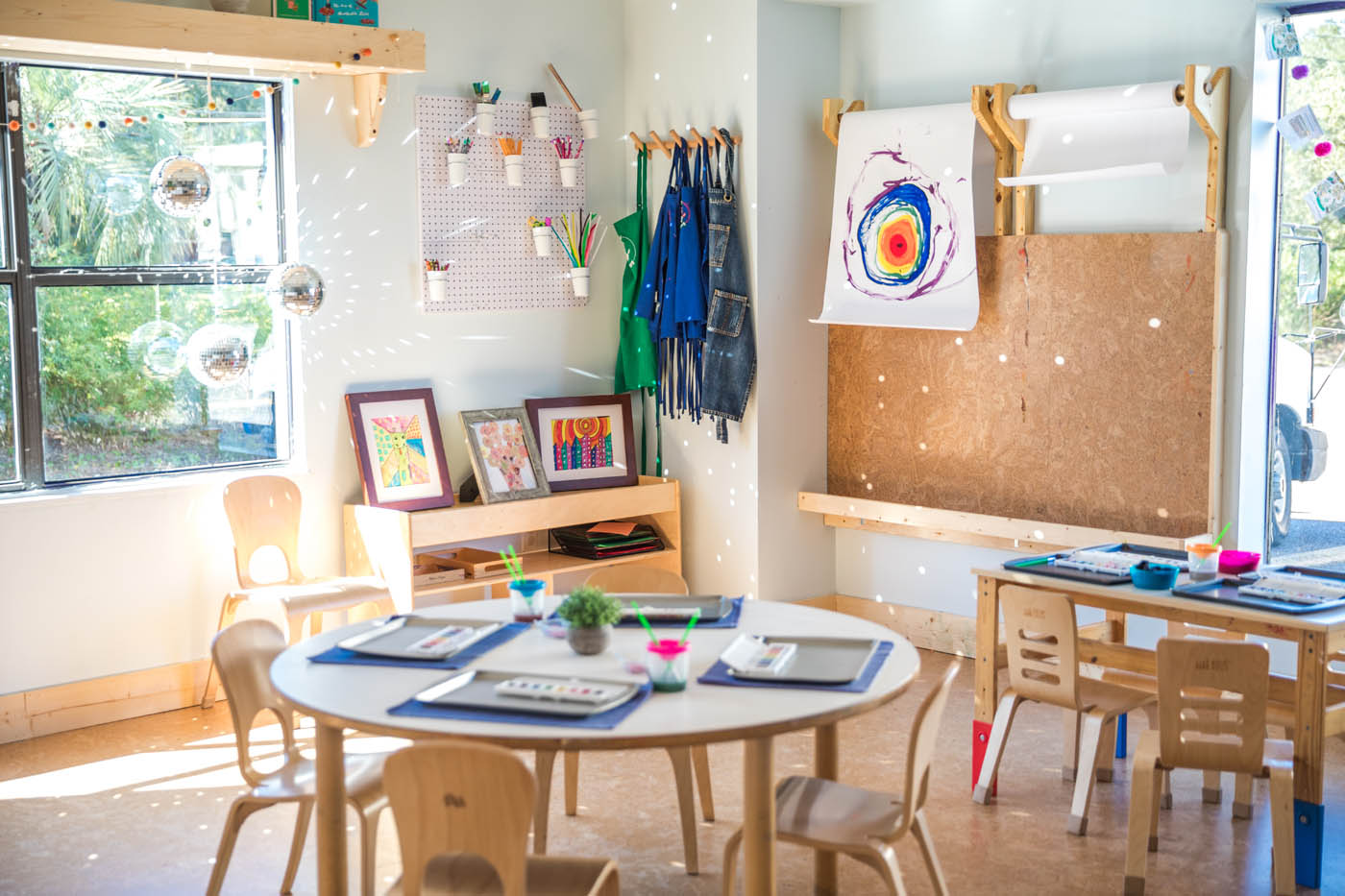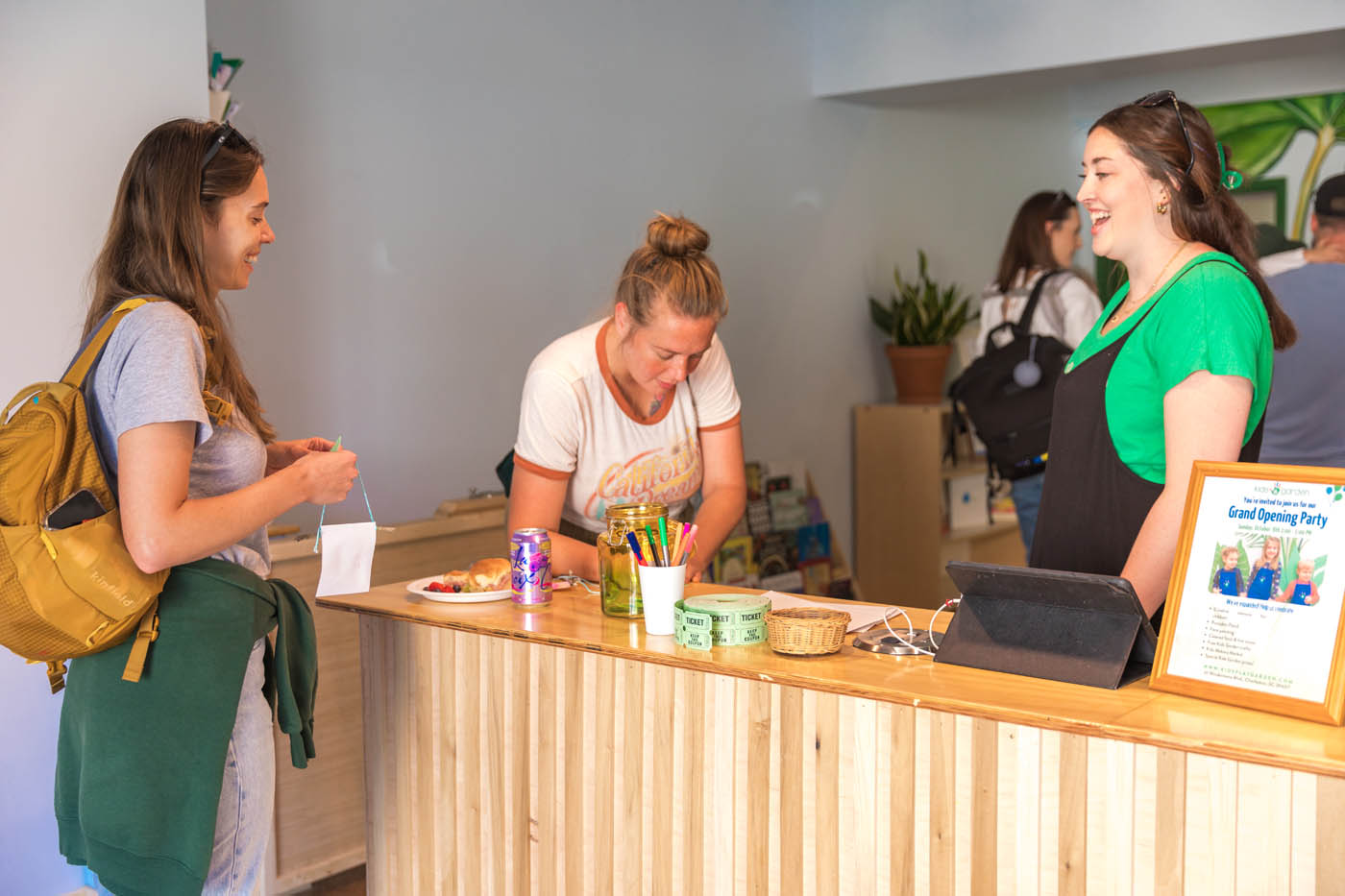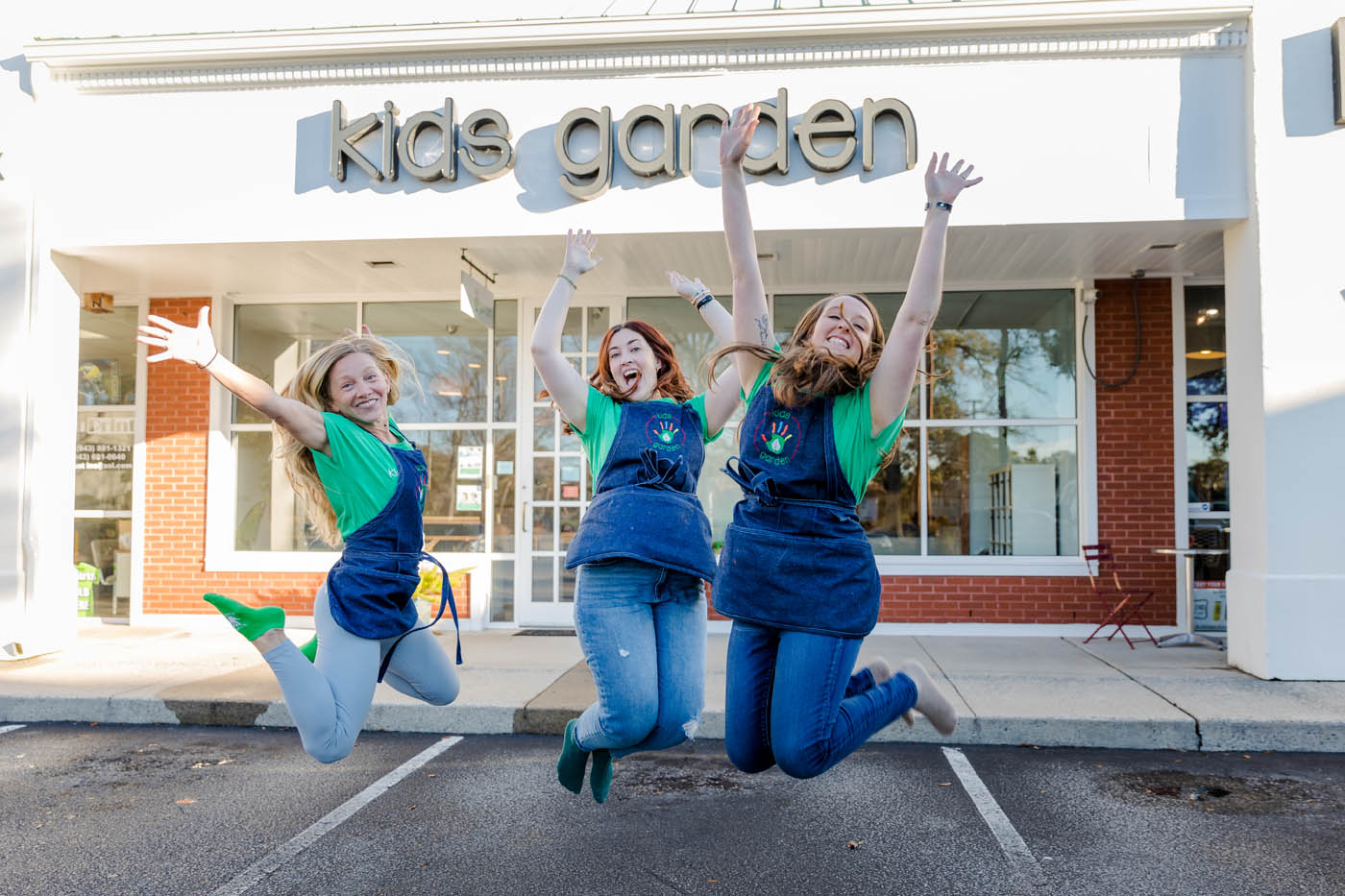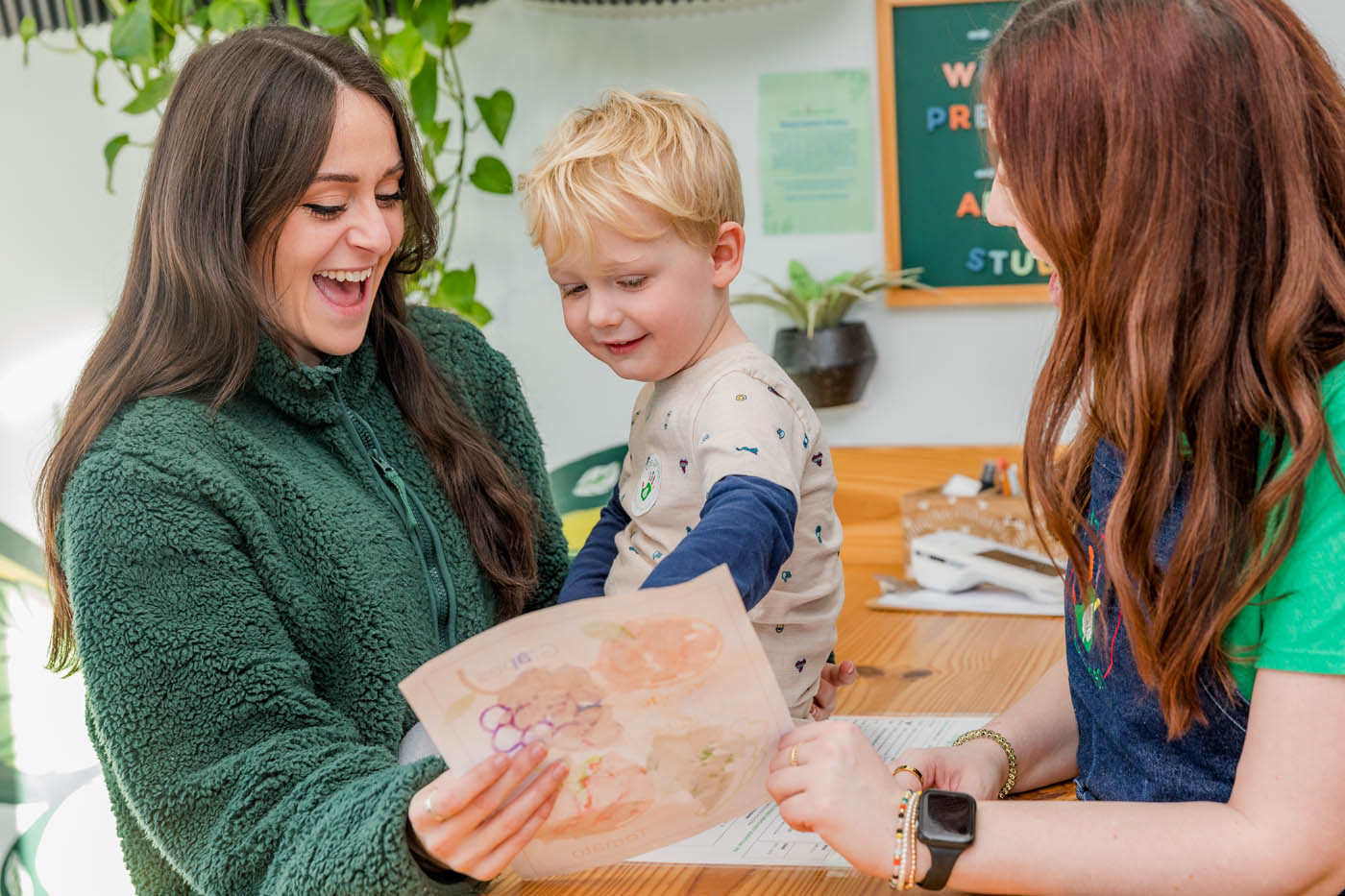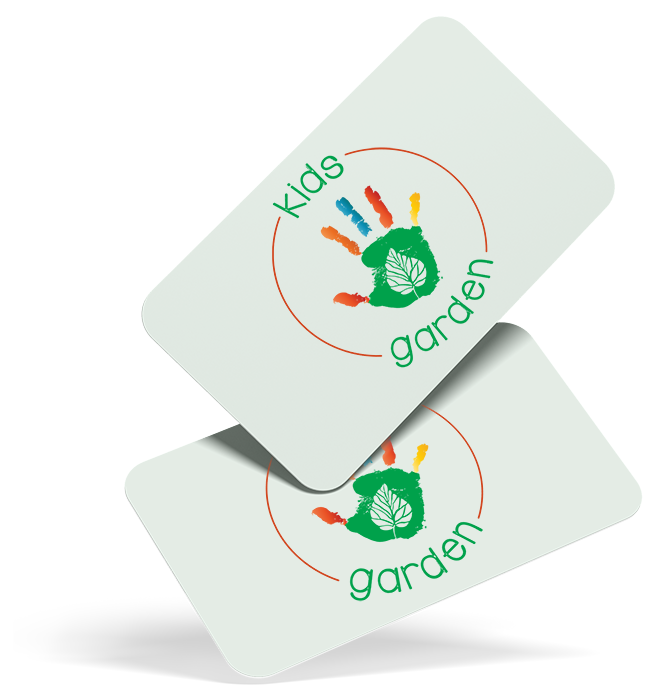Mar 6th, 2024 How to Choose the Right Preschool in Charleston, SC
Early childhood education can counteract the disadvantages some children experience, improve their social and cognitive development, and provide them with an opportunity to achieve school readiness, lifelong learning, and health.
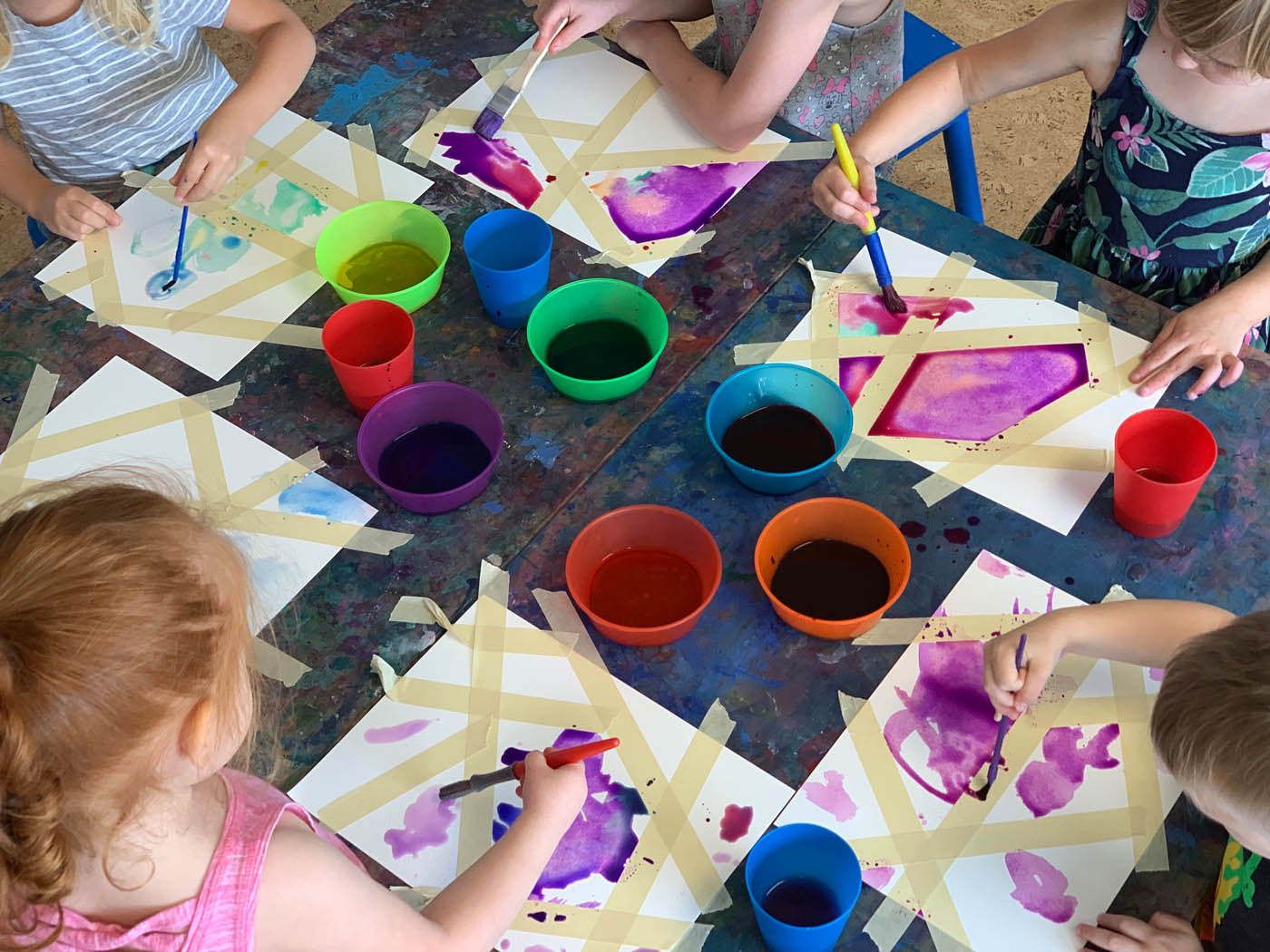
Benefits of Early Childhood Education
Even during pregnancy, it seems like one of the most common questions parents get is, “Have you thought about preschools?” with some families getting on waitlists before their child is even born! While it might seem a little extreme, it’s not surprising as the importance of early childhood education is well documented. Early childhood education can counteract the disadvantages some children experience, improve their social and cognitive development, and provide them with an opportunity to achieve school readiness, lifelong learning, and health.
But not all early childhood education is created equally. The effectiveness of early childhood education, especially long-term, is dependent on the quality of early childhood education programs. Early childhood education experts say that the type of program you choose is less important than key factors like how teachers interact with students, whether the space is specifically designed for young children, and whether learning is play-based and provides opportunities for exploration.
What Makes an Early Childhood Education Program High-Quality?
There are several factors to consider when selecting a preschool.
Teacher quality is perhaps the most important factor when deciding on a preschool program. “As a parent, you want to look for, does the teacher respect the children, does the teacher treat your child as an interesting person to learn about, and is there joy in the classroom,” says Dale Farran, a professor of early childhood education at Vanderbilt University1. “And you don’t need a teaching degree to create that kind of environment.” Ideally, parents should arrange a preschool visit where they can observe teachers in action. One thing to look for is teachers who listen more than they talk, says Deborah Stipek, former dean of the Stanford University Graduate School of Education2.
Farran recommends that if you’re unable to arrange a classroom visit, you ask the teacher about their approach. If, instead of being excited about the kind of learning opportunities they're able to offer, they launch right into “I make sure everyone knows all their letters and numbers” that’s not what you want. This is because good early childhood teachers see each child as a puzzle to figure out, not an empty vessel to fill, experts say.
“You’re trying to figure out their talents, you’re trying to figure out what makes them tick,” says Iheoma Iruka, a research professor at the University of North Carolina at Chapel Hill and founding director of the Equity Research Action Coalition at the university's Frank Porter Institute for Child Development. Educators should see the gift in each child, Iruka says, and “provide the space, the opportunities, the materials to affirm them and engage them.”
Next, it’s important that the classroom is designed for and caters to young learners. An open floor plan, low shelves, and correctly sized table and chairs as well as a visible bathroom section (which is the law in many states for safety) all help children learn and explore more independently. When you visit, consider whether the space is set up for the needs of young children. “Within the classroom, you don’t need a lot of desks or tables,” says Farran. “You need a rug, where they can sing songs and all gather together, and then you need a lot of centers that have interesting things to do.”
The Importance of Play-Based Learning
Of course, one of the most important factors is how kids are able to learn. Ideally, kids receive play-based learning. Play-based learning is an approach to child development emphasizing the importance of hands-on, active experiences that engage children's natural curiosity and creativity. Research shows that play-based learning improves cognitive, social, emotional, and physical development in young children. Additionally, a study by the LEGO Foundation3 found that play-based learning can help children develop crucial skills such as problem-solving, creativity, and empathy.
Lastly, it’s important to make sure the style of curriculum matches your child’s needs.
There are many different curricula to choose from and even the same ones are implemented differently across different schools. Kids Garden proudly offers a blend of Reggio Emilia and Montessori curriculum. Both are child-led and emphasize a child’s control over their learning. We encourage learning through hands-on experience and play, while tailoring the educational experiences to the interests and personalities of each child as an individual. We offer technology free centers that emphasize creative arts, exploration & hands-on learning that create a whimsical learning environment that children enjoy returning to day after day!
